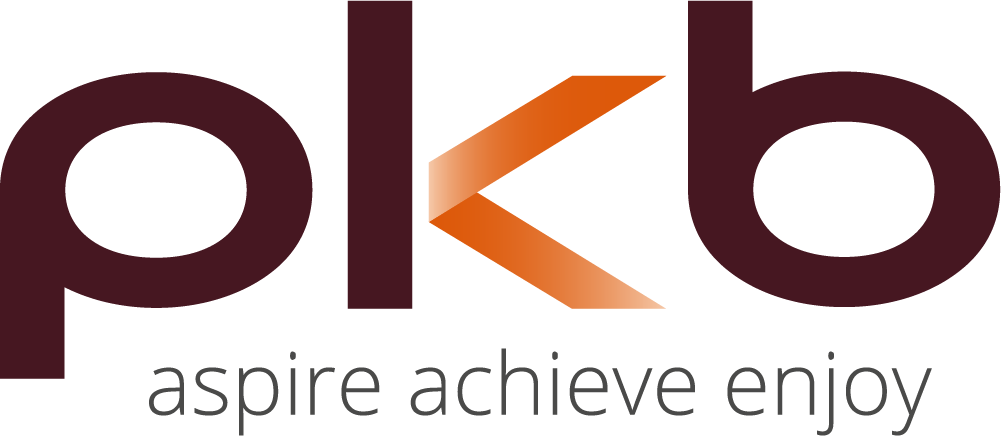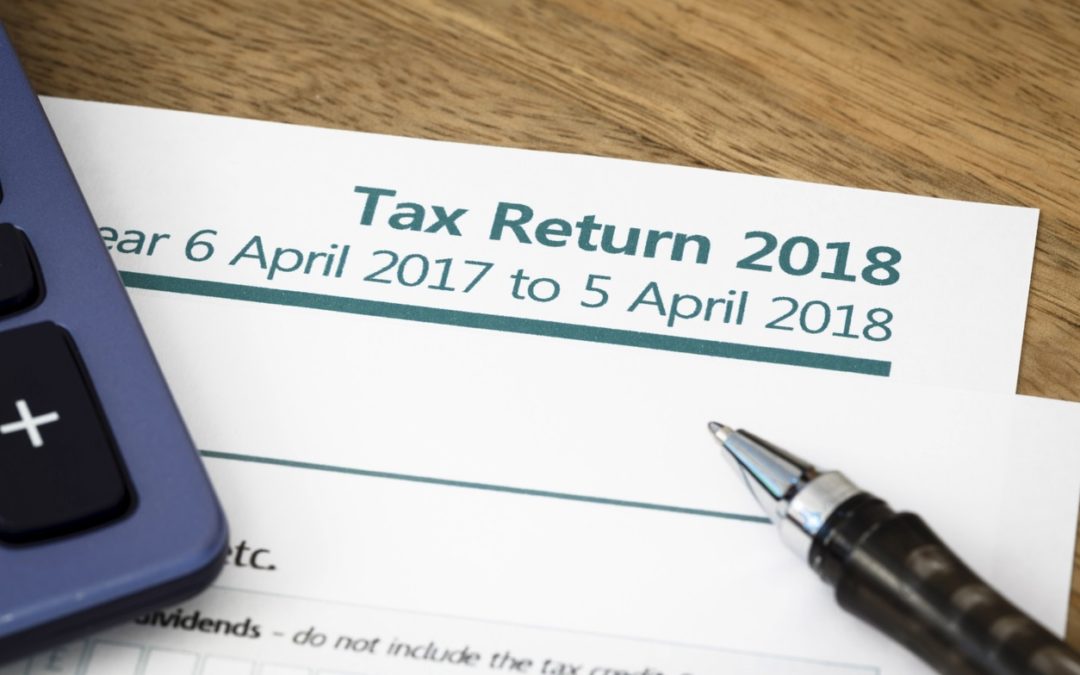The Association of Taxation Technicians (ATT) has warned that an HMRC error could affect tax demands for payments on account for some taxpayers.
The issue has occurred as a result of an IT glitch with HMRC’s systems earlier this year and as a result, some tax calculations may not have been adjusted correctly. Some taxpayers’ self-assessment statements didn’t include their first payment on account and therefore won’t receive a bill this July, even if they do owe money.
The issue affects returns from the 2017-18 tax year and if you don’t receive a bill this month, the ATT advises individuals to set aside money to pay the bill in full. Unfortunately, the oversight won’t be one that HMRC will forget, affected individuals will instead be faced with a higher bill in January 2020.
What are payments on account?
Most people who complete a self-assessment tax return pay their tax in two instalments. These are paid every six months (31 January and 31 July) and are called payments on account.
Payments on account are advance payments towards your tax bill and are based on your tax liability for the previous year. While payments are made in January and July, these are also followed by a final balancing payment the following January to ensure the correct amount has been paid.
The 31 January payment you made this year will have settled your previous year’s tax bill. You also will have made an advance payment for the current financial year which gets offset against your tax return the following January.
The 31 July payment is the other half of the current amount owed, as the taxman expects you will earn a similar amount this year as you did last year.
We understand that this can all sound very confusing so if you need any help, please don’t hesitate to contact us about our tax planning services.
Further information about current tax rates can be found on our free downloadable tax card on the home page of our website.
What should I do if I’ve been affected?
Unless those who were affected contacted HMRC at the time, they will not receive a bill for their July payment on account. You will however be billed the full amount of tax in January 2020. You do not need to contact HMRC about this, they will automatically bill you for it.
Voluntary payments can be made, but there is a risk that HMRC will consider it an overpayment and automatically refund it.
Jon Stride, co-chair of the ATT’s technical steering group, commented:
“While it might be tempting to think that not receiving a tax demand is a good thing, all affected taxpayers must pay their 2018/19 bill in full by 31 January 2020. If a taxpayer does not make any payments on account during 2019, their tax bill in January 2020 could be significantly larger than they expect.”
For plenty of helpful information, please read our blog, ‘everything you need to know about personal tax planning’.

Need to know more?
If you would like to discuss any aspect of your tax or accounts, please don’t hesitate to get in touch with our tax, payroll and accounts manager, Peter Bowyer and he will be more than happy to advise.
To read news and blogs from Peter Bowyer, click here >>

